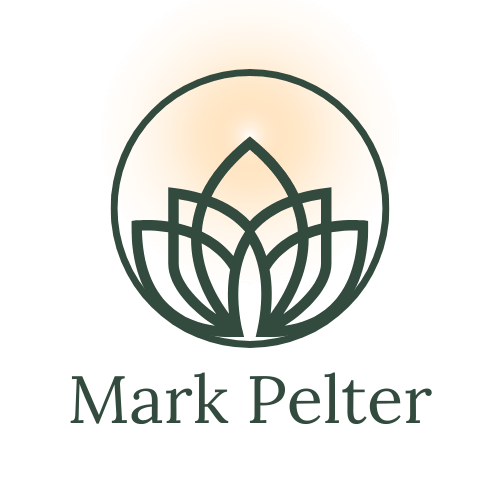.webp)
Anyone that seeks freedom from suffering, misery, despair, loneliness, any form of inner turmoil, etc can only start where they are.
There are two types of suffering.
- One type of suffering is inevitable. An example of the type of suffering that is inevitable: you have a baby kitty. Your kitty grows up, gets old, and eventually departs this plane of existence. And you grieve the loss of your departed kitty.
- The other type of suffering is needless: an example of needless suffering: a friend makes a remark about something you said. You take offense to what your friend said, you make a caustic retort back. You and your friend begin to tear one another down. One of you decided to leave this situation with another nasty remark. Both of you are left emotionally and mentally hurt from this encounter.
In Tibetan Buddhism, there are teachings that help us to learn loving-kindness. This teaching is called the Lojong. Lojong teaching includes 59 slogans that are called Kelbo. One of the Kelbo is: Work on the greatest difficulty first.

So when we start where we are, it is a good idea to start working on the greatest difficulty first. Or, to look at where your biggest obstacle lays in keeping your heart open. What causes you to react rather than to feel your feelings and to subsequently respond. Is your relationship with your self-talk literal-minded?
Self Talk
Since we speak with ourselves every day regardless, this conversation gives us great opportunities for inner growth and inner development. The mindfulness practices from Buddhism can be great allies here. Paying attention to the tenor of how your inner dialog is communicated is your ally.
I like the analogy of theater both stage and screen productions. Here you can utilize the audition, directing, character development, etc aspects of theater. If you assign roles based on certain strengths, what parts of you are best in what roles? What parts of you need to be developed? What parts are unsuited for a particular character?
Negative self-talk: the critic

How do we become aware of unmet needs? Because of the psychological nature of the defense mechanisms, we have developed methods for suppressing certain thoughts, attributes, components of our personality. Here, denial isn’t a river in Egypt (da Nile). Negative self-talk (negative thinking) or stinking thinking, when reacted to, motivates poor speech and poor action. This poorness of thought and action most likely create needless suffering when acted upon literal mindedly.
An alternative approach
If you chose to relate to these negative thoughts and feelings as the surfacing of unmet needs that you had suppressed then other options are available that give you a path away from causing more needless suffering for yourself and others.
An optional approach
Utilizing the part of you that is capable of nurturing anything is a great ally in this process. Using positive, loving, and nurturing inner dialog is extremely helpful. All parts of the self want to travel with you throughout your entire existence and fear demise. Firstly with compassion for you can you turn the eye of your mind and the ear of your heart toward the negative voice within? Can you say in your words, sweetheart thank you for bringing this to my attention? Additionally, Are you here to remind me of a part of myself that I have neglected? With the recognition that all of the parts of you want and need to feel lovingly connected with you, can you extend your loving attention and connection to this estranged part of yourself? Take a moment to see how you feel. Is there anything else that this part of yourself needs from you?
Which tasks are best suited to which part of you
As you assess the roles and responsibilities of each facet of self over time, Are most of the tasks in your adult life better served by your adult self? If you have tasks that you don’t know how to serve, are you able to find help .. even on youtube... ? Do you need a coach, an employee, someone to help you to learn the skills sets necessary to service that specific task? Is your time better used in another area of your life and you need someone to do these specific tasks for you. Of course, if you hire someone they need to be competent to service those tasks. This person that you hire will require your oversight to make sure that they are attending to your tasks with clear timelines and expectations.
Book a FREE breakthrough call with me here.
With loving kindness,
Mark
Grow with Mark
Consoling one-on-one
Classes & Training
Public Speaking

The book offers meditations and practices for self-awareness, compassion, and overcoming ego-driven suffering through daily mindfulness and transformation.
Subscribe To Our Newsletter
Learn How to Unlock Your Potential and Process Emotions.
Begin your journey now and unlock your potential, process emotions, and achieve tangible growth through our compassionate, holistic approach.



.webp)
.webp)
.webp)


.svg)

.svg)

